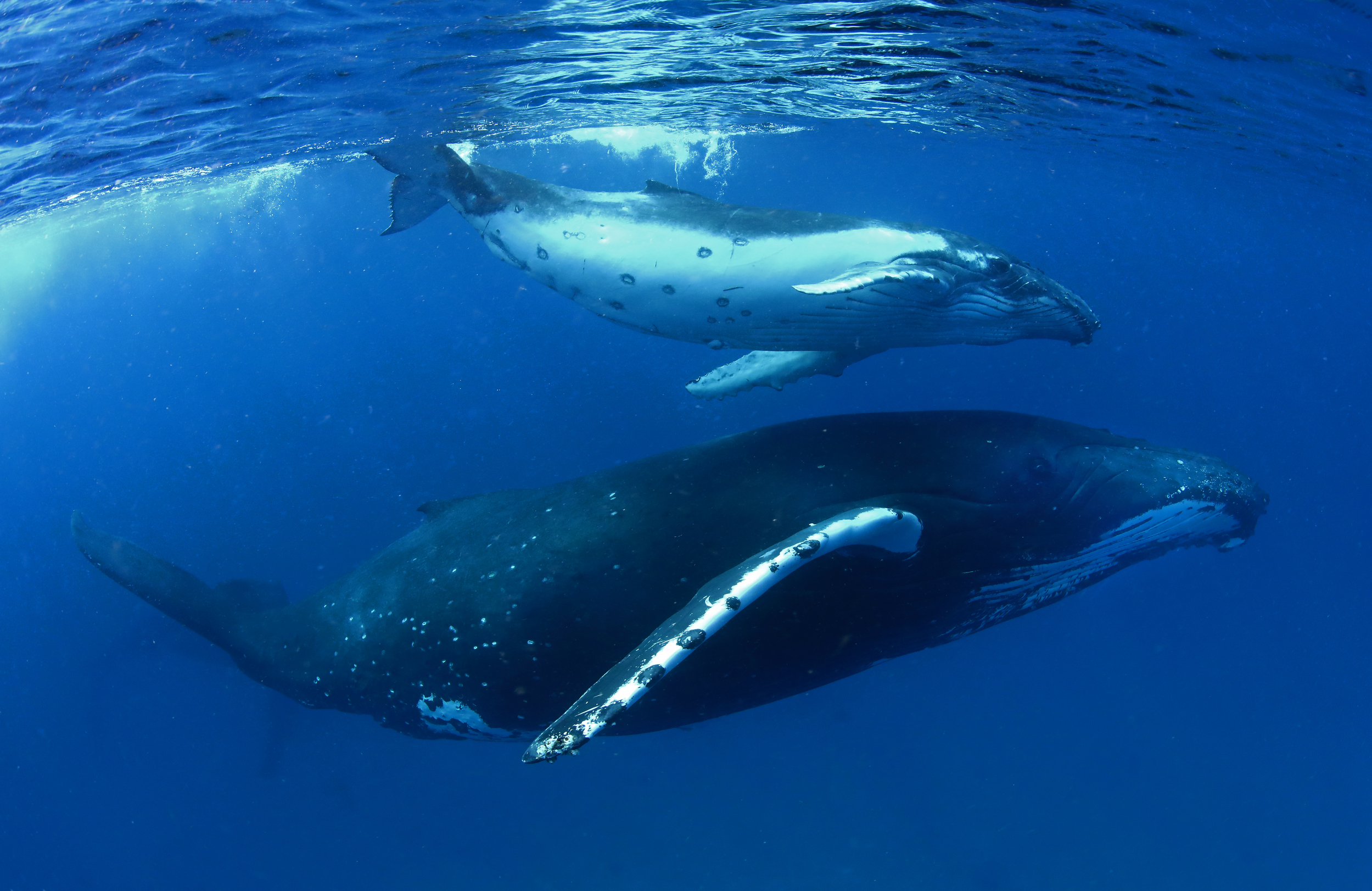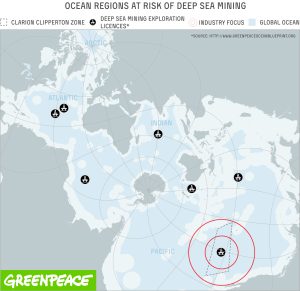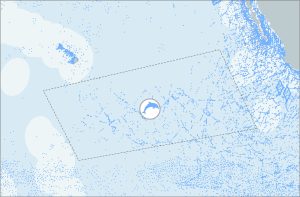
Whales at risk from deep sea mining
This map illustrates the issue from a whale`s perspective.
Deep sea mining could be allowed to start as soon as July 2023. Gigantic machines weighing more than a blue whale would scoop parts of the ocean’s deep seabed to extract nickel or cobalt. Deep sea species that scientists are only beginning to understand could be lost forever. Vast blue carbon sinks could be disturbed, with the risk of making the climate crisis even worse. Fisheries and coral reefs that are central to Pacific communities’ ways of life could be damaged. And here’s another reason why we should stop deep sea mining before it starts: this extractive industry could be dangerous for up to 30 species of whales and dolphins, because of the noise generated by mining operations.
This is the core of the research conducted by Greenpeace Research Laboratories which has been released on Tuesday 14 February 2023 in the peer reviewed research journal Frontiers in Marine Science.
The Mapping Hub has prepared a map to illustrate the issue from a whale`s perspective:

The whales distribution in the Clarion-Clipperton Zone:

Main findings
- An estimated 22 to 30 cetaceans species, including blue whales, minke whales and humpback whales, swim through the Clarion-Clipperton Zone, where industry is pushing to kick-start deep sea mining.
- Some of these species are already globally endangered, like the blue whale.
- One of the major potential impacts on cetaceans from deep sea mining is expected to come from the noise of commercial operations, which could travel for at least several hundred kilometres through the oceans. If approved, deep sea mining would operate 24 hours a day, creating noise that overlaps with the frequencies cetaceans use to communicate and navigate across the global oceans. This risks masking the calls between mothers and calves, or mating partners and could cause behaviour change in marine mammals, increase the risk of mother-calf separation, disrupt feeding and force whales to surface quickly, impacting their health.
- Deep sea mining could damage the oceans in ways we do not fully understand – perhaps at the expense of species, such as whales, that have been the focus of conservation efforts for many years.
- Our global oceans are facing increasing pressure from human activities. Deep sea mining would add to those stressors, putting marine life at significant risk.
